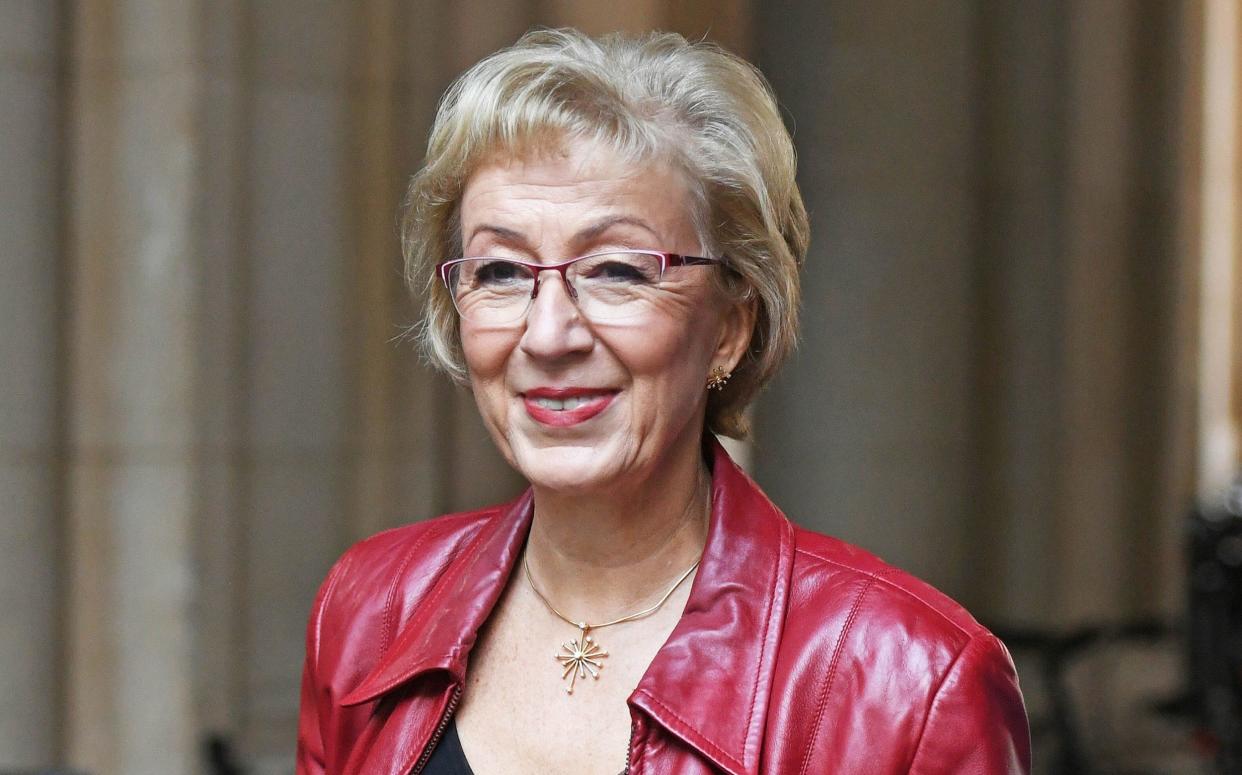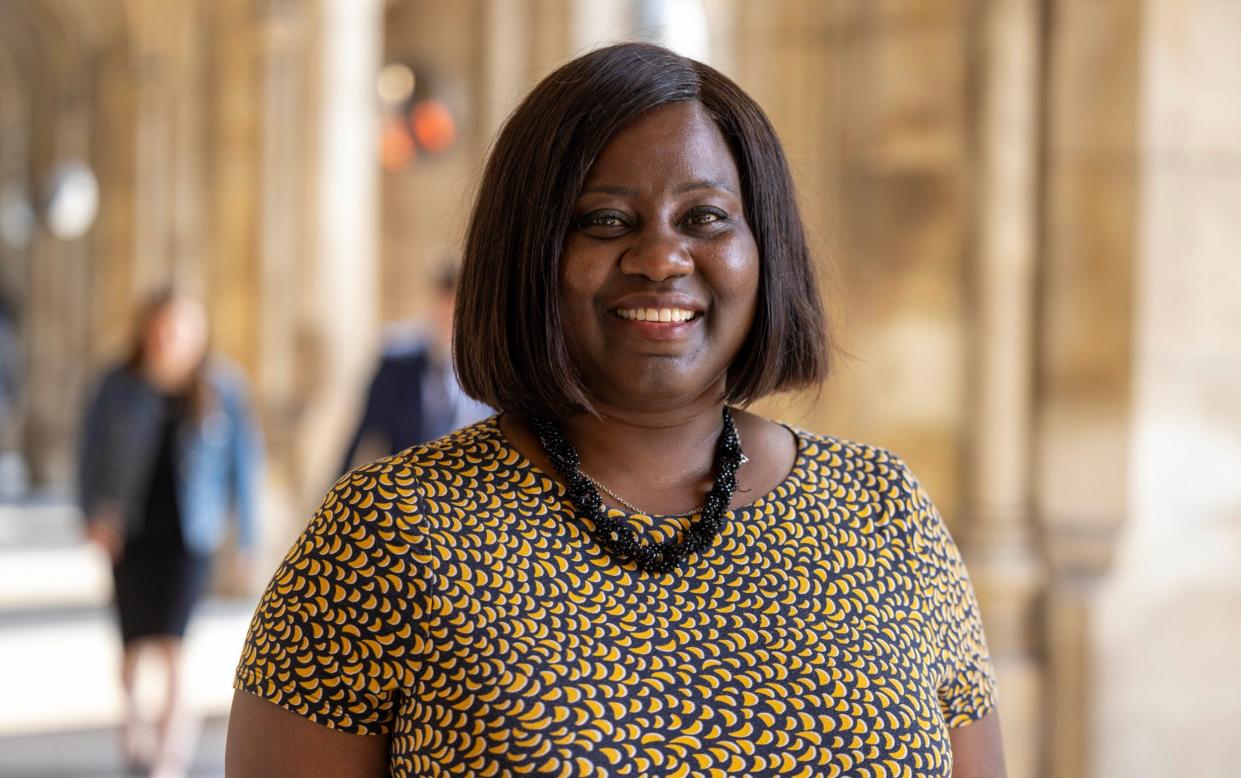Eye patients pay for private treatment – or risk going blind in NHS backlog

Patients are being forced to pay for urgent eye care or risk going blind because of long NHS waits.
MPs will on Thursday hear the scale of the “emergency” with four in five high street optometrists revealing their patients have paid for private procedures in the past six months.
Dame Andrea Leadsom, the former House of Commons leader, business secretary and environment secretary, is being called on to commit to improving NHS eye care in her new role as public health minister.

Four in five optometrists say they have patients waiting more than a year to be referred for an NHS appointment or treatment, according to analysis by the Association of Optometrists (AOP), leaving them at risk of going blind.
About 640,000 people are waiting for an NHS ophthalmology appointment, more than any other speciality – accounting for about one in 11 people on the 7.8 million waiting list.
About half of these people say their sight is deteriorating while they wait to be seen. Tens of thousands have been waiting more than a year, the AOP said.
Of those paying to go private, many needed treatment for simple conditions that can cause sight loss if left untreated.
‘Irreversible sight loss’
In a letter to Dame Leadsom, Adam Sampson, the chief executive of the AOP, said that high street optometrists should be used more widely across the NHS for “cataract surgery, help for glaucoma and age-related macular degeneration”.
Mr Sampson said: “With the expansion of primary eye care services, more patients will have a better chance of receiving improved treatment, faster and locally, which could prevent avoidable irreversible sight loss.”
He added: “The latest figures paint a very stark picture. More people than ever are waiting longer than ever for sight-saving treatment.
“Patients are being forced to spend their savings on private treatment to avoid losing their sight – not to mention the many where paying for private care is simply not an option.”

Marsha de Cordova MP, chairman of the all-party parliamentary group on eye health and vision impairment, said the NHS in England “is the only country in the UK without an eye health strategy” despite a “national eye care recovery programme”.
“A national approach will remove the postcode lottery of care and reduce the risk of patients getting stuck on hospital waiting lists, and in turn prevent the avoidable and irreversible sight loss we’re seeing today.”
Pam Perceval-Maxwell, from Wales, said she faced delays of three months for her monthly injection for wet age-related macular degeneration (AMD), which resulted in “a rapid decline” in her sight, despite her consultant stressing the importance of having them on time.
Cancelled appointments
AMD is a relatively common eye condition among people in their 50s and 60s that occurs when abnormal blood vessels grow within the centre of the eye. The more serious “wet” diagnosis, as opposed to the more slowly developing “dry” version, requires regular injections every four weeks.
Andrew Battye, of York, faced a similar challenge to get appointments at four-week intervals, with gaps as long as two months causing increasingly rapid sight loss, which is largely irreversible.
June Cattermole, from Liverpool, was due to have treatment for glaucoma, which is most common in adults in their 70s and 80s, and can cause sight loss because of fluid building up in the front part of the eye, increasing pressure.
Surgery can help prevent further damage, but Ms Cattermole’s hospital eye appointment was cancelled three times.


